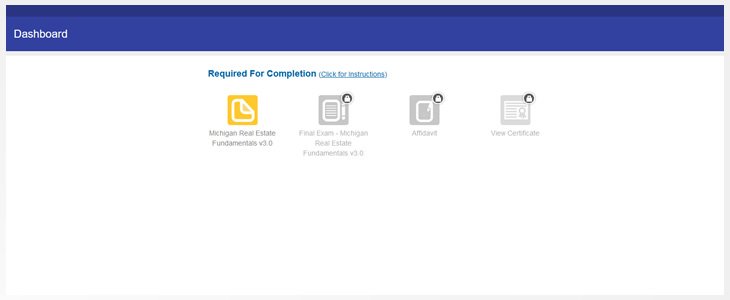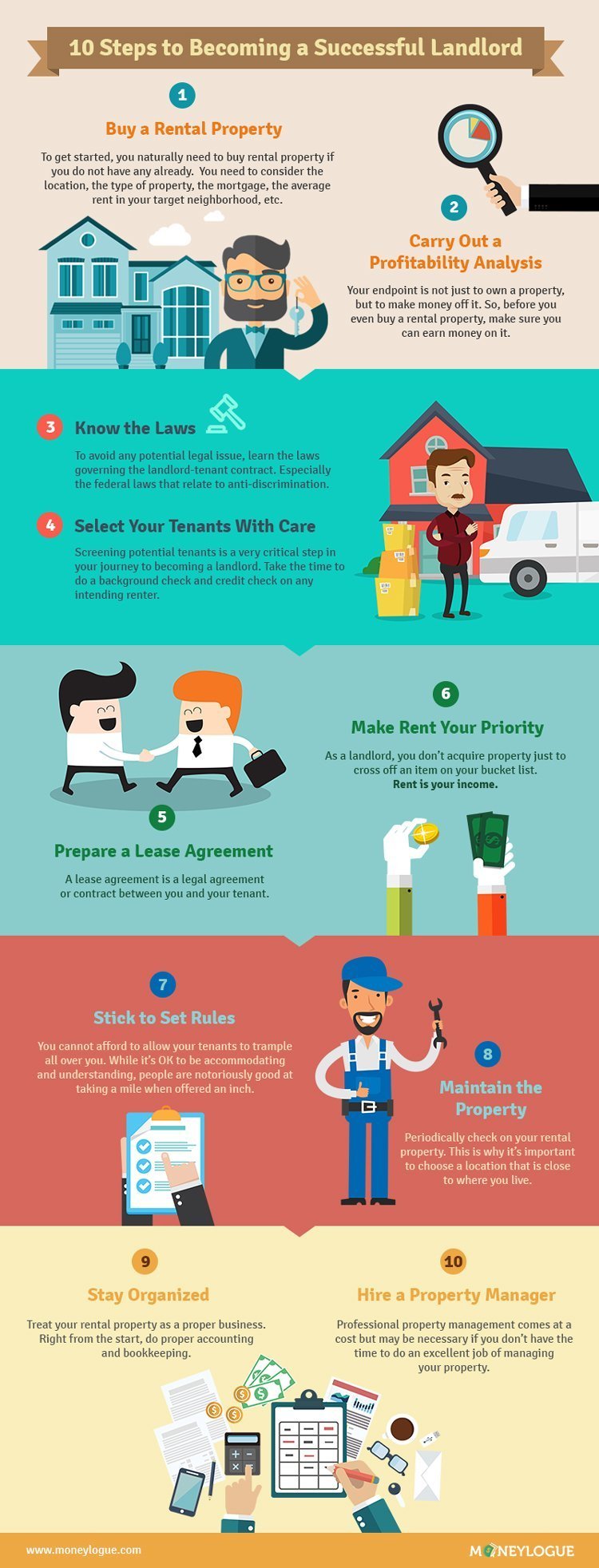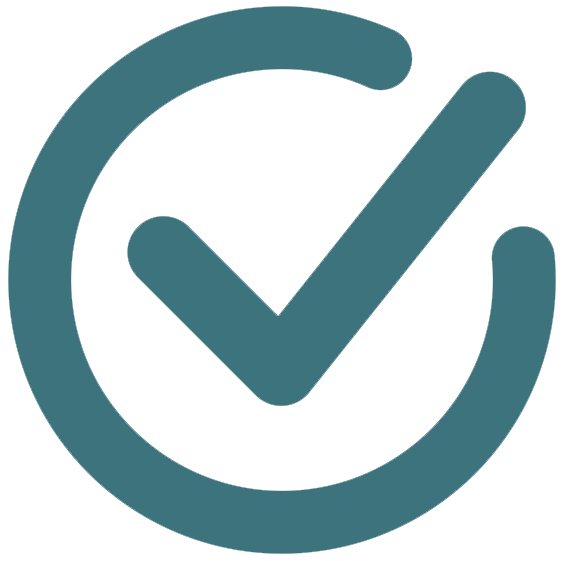
You may have many questions about your mortgage after a divorce. This is especially true if your goal is to keep your home after the divorce and avoid selling it.
Can you purchase the ex-spouse’s portion of the house?
Essentially, a buyout means that you pay the other spouse one-half of the equity in the property. You can do this with many different types of loans including special buyout mortgages that banks and other lenders offer.
Are there any costs associated with the sale that will be deducted from the buyout?
It is essential to make sure your divorce settlement includes a buyout clause for your ex-spouse's portion of the house. This will ensure that the ex-spouse does not have to sell the house.
Can a buyout impact my credit score?
It is possible that you will be asked about past debts if you have a mortgage or are going through a divorce. This includes your previous mortgage and any other loan that you have on the property.

Does this mean you can't get a new mortgage to purchase a house now?
There may be several reasons for this. This is most likely due to your ex-spouse having a higher credit rating than you.
Another reason that your ex-spouse may not be able to get you a mortgage is because you have a poor credit history. It is possible to get your ex spouse to remove you from the mortgage. This will help improve your credit rating.
Does this have to happen before we can sell our house?
You should consult a lawyer if your mortgage is in force to determine whether you can sell the house. This will ensure that you receive the best possible price and that you can divide the proceeds between yourself and your spouse.
Do I have to do this before my divorce decree is final?
Your ex-spouse cannot refinance your mortgage. The law requires you to get your name taken off the mortgage. This can prevent any problems that could arise from your ex-spouse being unable to refinance their loan.

What's my spouse's responsibility if I take their mortgage?
If you assume your ex-spouse's mortgage, you will be liable for any late payments or other problems on the loan that may occur. It is also important to check with your lender about whether they will grant an assumption of the loan.
Does it have to be this way before I can get out?
The amount of money you have available to invest in your future will affect whether you can get out of your house before the divorce decree is final. It also depends on the amount of support you receive from your ex-spouse.
FAQ
Should I rent or purchase a condo?
Renting is a great option if you are only planning to live in your condo for a short time. Renting allows you to avoid paying maintenance fees and other monthly charges. A condo purchase gives you full ownership of the unit. The space is yours to use as you please.
What are the three most important factors when buying a house?
Location, price and size are the three most important aspects to consider when purchasing any type of home. Location refers to where you want to live. Price is the price you're willing pay for the property. Size refers to the space that you need.
How much money can I get to buy my house?
It depends on many factors such as the condition of the home and how long it has been on the marketplace. The average selling price for a home in the US is $203,000, according to Zillow.com. This
How much money should I save before buying a house?
It all depends on how many years you plan to remain there. Start saving now if your goal is to remain there for at least five more years. However, if you're planning on moving within two years, you don’t need to worry.
Do I need a mortgage broker?
A mortgage broker may be able to help you get a lower rate. Brokers are able to work with multiple lenders and help you negotiate the best rate. However, some brokers take a commission from the lenders. Before you sign up for a broker, make sure to check all fees.
Statistics
- It's possible to get approved for an FHA loan with a credit score as low as 580 and a down payment of 3.5% or a credit score as low as 500 and a 10% down payment.5 Specialty mortgage loans are loans that don't fit into the conventional or FHA loan categories. (investopedia.com)
- 10 years ago, homeownership was nearly 70%. (fortunebuilders.com)
- Over the past year, mortgage rates have hovered between 3.9 and 4.5 percent—a less significant increase. (fortunebuilders.com)
- Private mortgage insurance may be required for conventional loans when the borrower puts less than 20% down.4 FHA loans are mortgage loans issued by private lenders and backed by the federal government. (investopedia.com)
- This means that all of your housing-related expenses each month do not exceed 43% of your monthly income. (fortunebuilders.com)
External Links
How To
How to Manage a Property Rental
Although renting your home is a great way of making extra money, there are many things you should consider before you make a decision. These tips will help you manage your rental property and show you the things to consider before renting your home.
Here's how to rent your home.
-
What is the first thing I should do? You need to assess your finances before renting out your home. If you have any debts such as credit card or mortgage bills, you might not be able pay for someone to live in the home while you are away. Your budget should be reviewed - you may not have enough money to cover your monthly expenses like rent, utilities, insurance, and so on. This might be a waste of money.
-
How much is it to rent my home? Many factors go into calculating the amount you could charge for letting your home. These factors include your location, the size of your home, its condition, and the season. Prices vary depending on where you live so it's important that you don't expect the same rates everywhere. Rightmove reports that the average monthly market price to rent a one-bedroom flat is around PS1,400. This means that you could earn about PS2,800 annually if you rent your entire home. While this isn't bad, if only you wanted to rent out a small portion of your house, you could make much more.
-
Is this worth it? It's always risky to try something new. But if it gives you extra income, why not? You need to be clear about what you're signing before you do anything. Renting your home won't just mean spending more time away from your family; you'll also need to keep up with maintenance costs, pay for repairs and keep the place clean. Before signing up, be sure to carefully consider these factors.
-
Are there any advantages? So now that you know how much it costs to rent out your home and you're confident that it's worth it, you'll need to think about the advantages. Renting out your home can be used for many reasons. You could pay off your debts, save money for the future, take a vacation, or just enjoy a break from everyday life. It's more fun than working every day, regardless of what you choose. And if you plan ahead, you could even turn to rent into a full-time job.
-
How do you find tenants? Once you decide that you want to rent out your property, it is important to properly market it. Make sure to list your property online via websites such as Rightmove. After potential tenants have contacted you, arrange an interview. This will allow you to assess their suitability, and make sure they are financially sound enough to move into your house.
-
What can I do to make sure my home is protected? If you're worried about leaving your home empty, you'll need to ensure you're fully protected against damage, theft, or fire. You'll need to insure your home, which you can do either through your landlord or directly with an insurer. Your landlord will usually require you to add them as additional insured, which means they'll cover damages caused to your property when you're present. If your landlord is not registered with UK insurers, or you are living abroad, this policy doesn't apply. In this case, you'll need to register with an international insurer.
-
You might feel like you can't afford to spend all day looking for tenants, especially if you work outside the home. You must put your best foot forward when advertising property. A professional-looking website is essential. You can also post ads online in local newspapers or magazines. Also, you will need to complete an application form and provide references. Some people prefer to do everything themselves while others hire agents who will take care of all the details. Interviews will require you to be prepared for any questions.
-
What happens once I find my tenant If you have a contract in place, you must inform your tenant of any changes. If this is not possible, you may negotiate the length of your stay, deposit, as well as other details. Keep in mind that you will still be responsible for paying utilities and other costs once your tenancy ends.
-
How do you collect rent? When it comes to collecting the rent, you will need to confirm that the tenant has made their payments. If they haven't, remind them. You can deduct any outstanding payments from future rents before sending them a final bill. You can always call the police to help you locate your tenant if you have difficulty getting in touch with them. If there is a breach of contract they won't usually evict the tenant, but they can issue an arrest warrant.
-
What are the best ways to avoid problems? It can be very lucrative to rent out your home, but it is important to protect yourself. Install smoke alarms, carbon monoxide detectors, and security cameras. It is important to check that your neighbors allow you leave your property unlocked at nights and that you have sufficient insurance. You must also make sure that strangers are not allowed to enter your house, even when they claim they're moving in the next door.